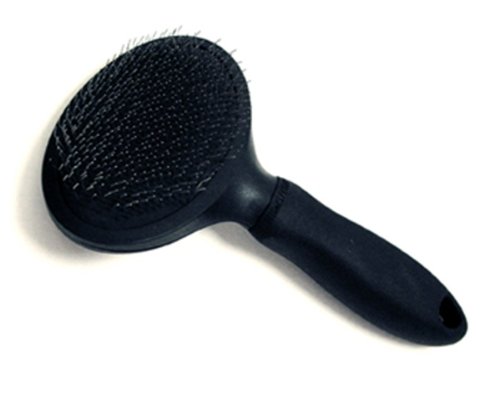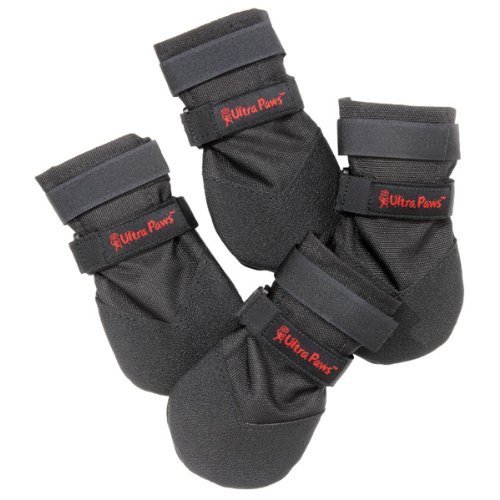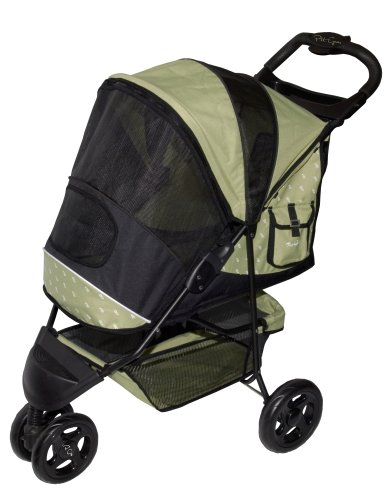As Your Dog Gets Older
Like us humans, dogs get old too. It is a misconception that our canine allies age differently. Time frames may not be the same, but pups can incur the same difficulties that we experience in our aging years. Because we love our four-legged friends, it is important to offer them a healthy lifestyle so that they can enjoy life even into their later years.
Seniority arrives for a canine around the age of seven. Bigger dogs may reach seniority sooner than smaller pups. Your pup may begin to show signs of their aging as they become unfamiliar with their surroundings. The loss of vision may not be readily noticed at first. Because pups mostly rely on memory and routine to move from place to place within a home, this complication will usually make itself known whenever you move to a new location or even by changing furniture around. Your companion may experience anxiety from the difficulties of navigating a new home and its changes. If this becomes the situation, try using calming techniques for your friend and spend a little more time with them. Walking them through the new home on a regular basis so that they can adapt to it may help relieve the stress.
Hearing is one of the most noticeable losses
Hearing is one of the most noticeable losses that an older dog experiences. They often will not be at the door to great you when you get home, and sometimes will fail to come when you call. This is commonly due to their hearing components simply wearing down just like in us humans. As your older pup's hearing becomes worse, make sure to be careful not to surprise them. Being startled comes easy with hearing loss and can sometimes lead to fear and agitation. As you approach your aging pup, do what you can to ensure that they are aware of your presence.
Losing their sense of smell
Undernourishment is one of the signs that your pup is beginning to lose their sense of smell. Because taste is directly related to smell, aging pups will commonly begin to abandon eating regularly. With their sense of smell gone, finding food can sometimes become more difficult.
Arthritis often goes unnoticed
Because pups experience the same effects that us humans endure, arthritis is one of the most unnoticed problems in an older dog. They are determined animals, and will not usually show that they are in pain. Often times a pup will compensate for an aching joint by shifting their weight to other parts of their body. For an older pet like this, convenience is a must. Keeping them active throughout their life and providing a healthy diet will help your pup's aging conditions, but it is wise to keep them from overexerting themselves. You may also consult your vet for remedies and or medications for problems associated with arthritis.
As your pup begins their later years, ease and convenience become a luxury. Simple things like eating and going to the potty become difficult as a pup's senses and body begin to change. The use of a grass litter box such as Porch Potty can help an aging pup by keeping their plumbing closer to home. This helps arthritic pets that have difficulty navigating around the house or even around the back yard. Older pups that don't have to go far to do their business are less likely to deliver a surprise package on your carpet. Indoor liter boxes also make it easier for us aging humans as well. As our body becomes a little worn down, it may prove difficult to get up and let the pup out and take them for a walk every-time they have to go. So as you and your canine companion begin to age together, remember to care for them- and they will care for you.

 Dogs :: Dog Ears Can Be a Real Trouble Spot (Page 1 of 2)
For such a proportionately small area of your dog抯 body, ear
Dogs :: Dog Ears Can Be a Real Trouble Spot (Page 1 of 2)
For such a proportionately small area of your dog抯 body, ear
 Looking for a Friend: Why the Boxer Might Be Perfect For You
The Typical Greeting of a Boxer
Looking for a Friend: Why the Boxer Might Be Perfect For You
The Typical Greeting of a Boxer
 Caring For a Golden Doodle
Credit: www.pixabay.com
Caring For a Golden Doodle
Credit: www.pixabay.com
 Whats in Your Pets Dog Paw and Feet
Paw showing pads A. Claw, B. Digital Pads, C. Metacarpa
Whats in Your Pets Dog Paw and Feet
Paw showing pads A. Claw, B. Digital Pads, C. Metacarpa
 Pet Strollers
A pet stroller is a great way to take the furr
Pet Strollers
A pet stroller is a great way to take the furr